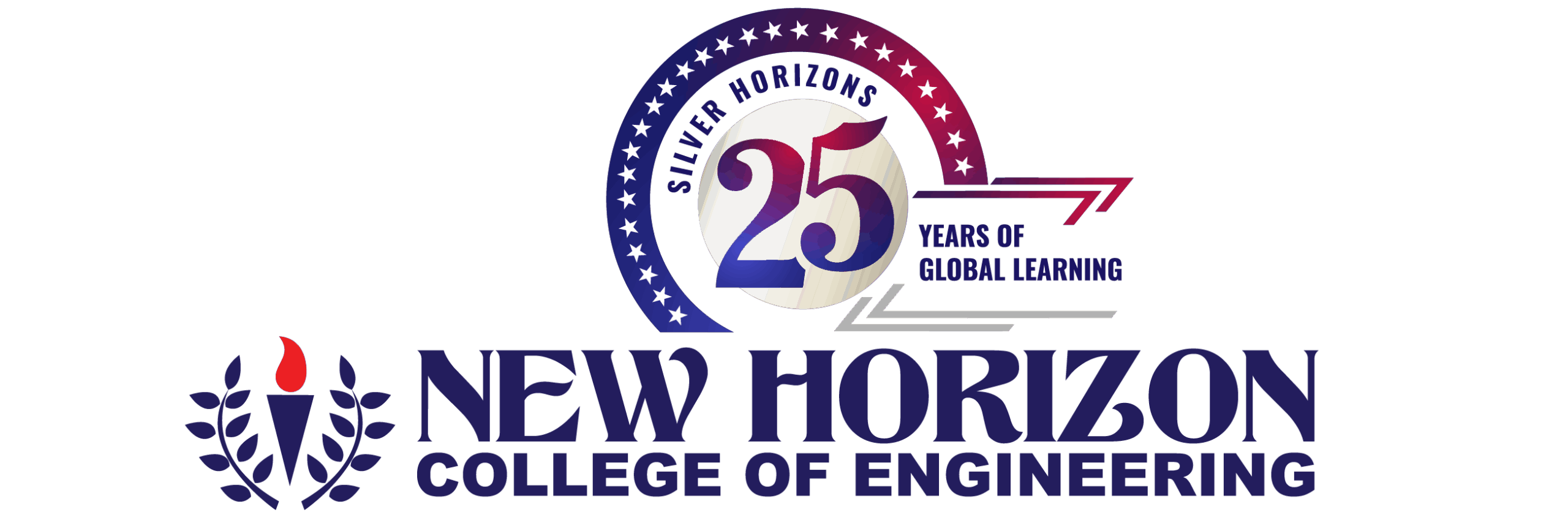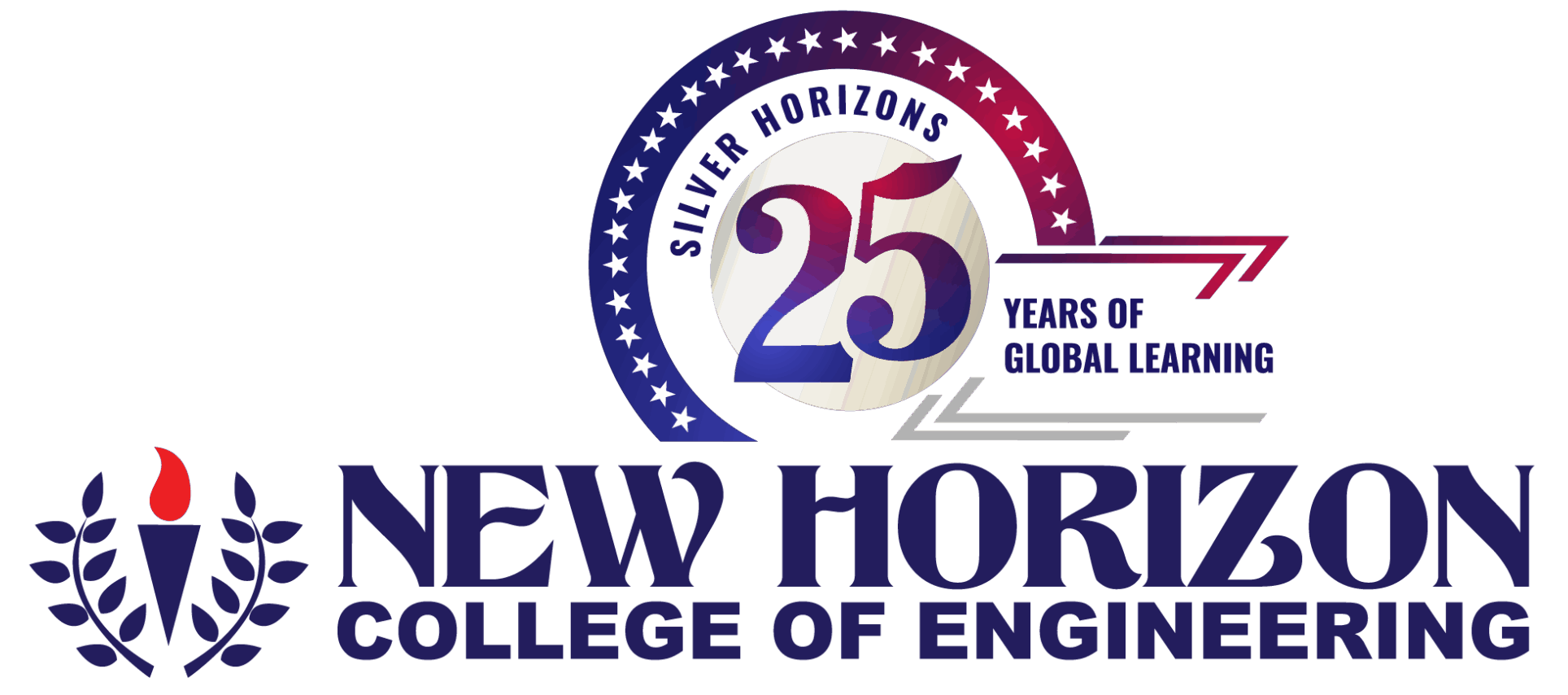- Horizonite
Best Course in BTech
One common confusion among students after 12th standard is identifying the best BTech course. This is because engineering has numerous branches, each one being interesting, lucrative, and capable of carving a satisfactory career. To drive away the complexities, this blog is well-curated, providing in-depth details about the major BTech courses, their scope, and career opportunities. It highlights industry trends, emerging specializations, and the skill sets required to thrive in each domain. By the end of this blog, you will have a clearer understanding of which BTech course aligns best with your interests and career aspirations.
Different Types of Engineering
Some common branches of engineering include:
- Civil Engineering
- Mechanical Engineering
- Electrical Engineering
- Electronical Engineering
- Computer Science Engineering
- Aerospace Engineering
- Environmental Engineering
- Chemical Engineering
- Industrial Engineering

Top 5 Engineering Courses in India
The field of engineering is dynamic and diverse. As we saw, it ranges from civil to industrial engineering, with subfields in each of them. In India, there are five top engineering courses that are in great demand and are desirable among students. These include:
Computer Science Engineering
Computer Science Engineering is the first priority of the majority of Indian students because of its evergreen nature and global demand. This branch deals with various concepts like programming, data structures, algorithms, machine learning, etc.
With the advancements in technology, computer science engineers have demand in multiple sectors to design and maintain software and hardware systems like education, healthcare, architecture, etc.
There are many companies in India that hire a good amount of engineers offering a decent salary. The global opportunities for computer science engineers are very high and it gives them an opportunity to travel abroad, learn new technologies and collaborate with different people.
Scope of Computer Science Engineering:
- Computer Science Engineer
- Data Analyst
- Data Scientist
- Network Engineer
- Web Developer

Mechanical Engineering
Mechanical engineering is the wise choice for students who are interested in designing and being a part of manufacturing processes. Mechanical engineers are responsible for testing the failures, designing new prototypes, etc. A few important domains under mechanical engineering are:
- Automotive Engineering
- Aerospace Engineering
- Marine Engineering
Mechanical engineers can choose to work in both the private and public sectors as:
- Mechanical Engineer
- Automotive Engineer
- Aerospace Engineer
- Manufacturing Engineer
- Quality and Control Engineer
- Research and Development Engineer

Artificial Intelligence and Machine Learning
With the increasing reliance on automation and data-driven technologies, Artificial Intelligence (AI) and Machine Learning (ML) have become some of the most in-demand fields. AI and ML engineers develop intelligent systems that can analyze data, recognize patterns, and make decisions with minimal human intervention. These technologies are widely used in healthcare, finance, robotics, cybersecurity, and more.
Electrical Engineering
Electrical engineering deals with the study of electricity and its applications. Electrical engineers design electric equipment and devices necessary for the smooth functioning of everyday tasks. Power engineering, control systems, digital processing, and network analysis are some of the core concepts taught during this course.
Electrical engineering principles are applied across various sectors like power generation, telecommunication, automation, etc. The job opportunities include:
- Electrical Engineer
- Power Systems Engineer
- Embedded Systems Engineer
- Telecommunications Engineer
- Network Engineer

Electronics and Communication Engineering
With the rapid advancements in communication technology and digital systems, Electronics and Communication Engineering has become a crucial field. ECE engineers design, develop, and maintain electronic circuits, communication networks, and embedded systems that power industries like telecommunications, automation, and consumer electronics. This field is essential for innovations in wireless technology, IoT, and satellite communication.
The subfields in Electronics and Communication Engineering include:
- VLSI Design
- Embedded Systems
- Wireless Communication
ECE professionals play a vital role in shaping the future of communication and can work as:
- Telecommunication Engineer
- Embedded Systems Engineer
- Network Engineer
- IoT Specialist
You may also be interested in knowing about Choosing the Best Engineering Field

Eligibility Criteria for Best Engineering Courses
To pursue an engineering course in India, the students:
- must have completed their 12th board examinations or diploma from a recognised board.
- must have studied PCM (Physics, Chemistry, and Mathematics).
- must pass entrance exams like JEE, CET, or private exams held by individual colleges.
Why to Choose Engineering?
There are a few major reasons that have played a pivotal role in making engineering one of the most pursued courses in India.
- High salary: BTech is one of the best professional courses as it offers decent salary packages. The range can vary from 3LPA to 22 LPA based on skills, experience, branch, and job market. For instance, a computer science engineer can earn an initial salary between 3-6 LPA.
- Strong employment: The demand for engineers will be evergreen in the world across all the sectors. Engineers are essential in solving problems, creating easy and simple solutions, desigining infrastructures, and innovation. Especially, the IT sector is incomplete without engineers.
- Abroad opportunities: An engineering degree opens gateways for opportunities anywhere in the world. Students who want to experience new cultures and values find engineering the ideal choice.
Conclusion
India is known for producing the most efficient and best engineers in the world. From artificial intelligence to renewable energy, engineers have scope in almost every domain. The demand for skilled engineers is high, and every year lakhs of students pass out of engineering college and still find themselves unemployable. Therefore, it is necessary to start early and focus on upskilling to secure a good job.
Check out: Best Engineering Colleges in Bangalore
Frequently Asked Questions (FAQs)
Yes, engineering is a 4-year course. But for diploma students, a latery entry option is available and they can directly join the second year of engineering.
To pursue engineering after 12th, students must have passed 12th board exams or equivalent with Physics, Chemistry, and Mathematics as core subjects. They should also clear entrance exams conducted by either state, center, or private colleges.
The most-sought BTech courses offered by IITs include: computer science, mechanical, electrical, electronics and communication, Information Technology, aeronautical and chemical engineering.
Computer science, data science, nuclear, aeronautical, and nuclear engineering offer high-paying jobs.





